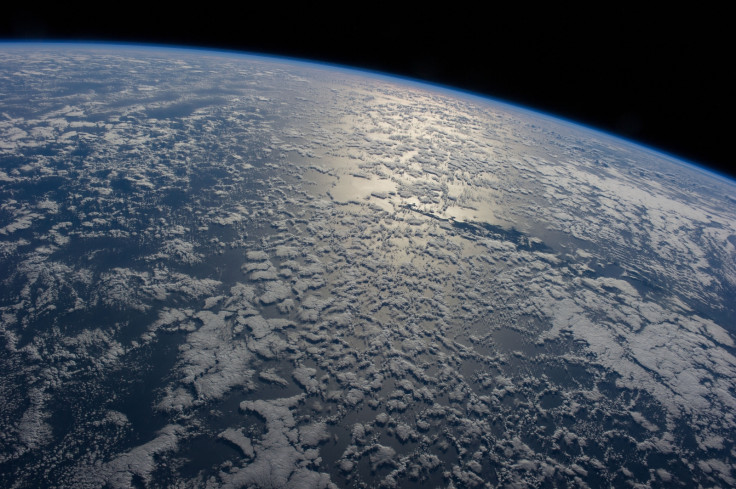Global harming: Sustainability or quality of life but not both, study finds
Radical changes needed if the population is to live within the limits of the planet, one researcher explained.

The Earth is now so overpopulated that there are not enough resources on the planet for everyone to live comfortable lives, according to a new study published in the journal Nature Sustainability.
An international team of researchers examined 151 nations around the world, finding that not a single one was operating in a sustainable manner – or in other words, making sure its citizens have a good quality of life without using more natural resources than is globally sustainable.
"Almost everything we do, from having dinner to surfing the internet, uses resources in some way, but the connections between resource use and human well-being are not always visible to us," said Daniel O'Neill from the University of Leeds.
"We examined international relationships between the sustainability of resource use and the achievement of social goals, and found that basic needs, such as nutrition, sanitation, and the elimination of extreme poverty, could most likely be achieved in all countries without exceeding global environmental limits," he said.
"Unfortunately, the same is not true for other social goals that go beyond basic subsistence such as secondary education and high life satisfaction. Meeting these goals could require a level of resource use that is two to six times the sustainable level."
Eleven different social indicators were used to measure quality of life in each of the countries studied. These were: life satisfaction, nutrition, healthy life expectancy, sanitation, access to energy, income, education, democratic quality, social support, employment and equality.
In addition, the team also rated the countries using several biophysical indicators, such as material footprint, blue water use and nitrogen use relative to its population size.
Worryingly, none of the countries performed well on both of the scales.
"In general, the more social thresholds a country achieves, the more planetary boundaries it exceeds, and vice versa," said William Lamb from the Mercator Research Institute on Global Commons and Climate Change in Germany.
"Although wealthy nations like the US and UK satisfy the basic needs of their citizens, they do so at a level of resource use that is far beyond what is globally sustainable. In contrast, countries that are using resources at a sustainable level, such as Sri Lanka, fail to meet the basic needs of their people."
Among the best performing countries are Germany – which passed all 11 social indicator thresholds, but exceeded 5 of the 7 biophysical indicators – and Vietnam – which passed 6 of the quality of life thresholds and only transgressed on one of the biophysical limits.
However, the researchers say we can make adjustments to our lives that may ensure a good quality of life without destroying the planet, although this will require fundamental changes in the way society operates.
"Radical changes are needed if all people are to live well within the limits of the planet," said Julia Steinberger from the University of Leeds.
"These include moving beyond the pursuit of economic growth in wealthy nations, shifting rapidly from fossil fuels to renewable energy, and significantly reducing inequality.
"Our physical infrastructure and the way we distribute resources are both part of what we call provisioning systems. If all people are to lead a good life within the planet's limits then these provisioning systems need to be fundamentally restructured to allow for basic needs to be met at a much lower level of resource use."





